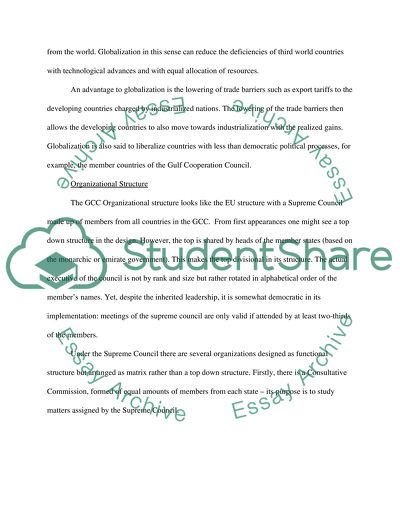Cite this document
(“Political and Economic Integration Processes in The Gulf Cooperation Essay”, n.d.)
Political and Economic Integration Processes in The Gulf Cooperation Essay. Retrieved from https://studentshare.org/macro-microeconomics/1527159-political-and-economic-integration-processes-in-the-gulf-cooperation-council
Political and Economic Integration Processes in The Gulf Cooperation Essay. Retrieved from https://studentshare.org/macro-microeconomics/1527159-political-and-economic-integration-processes-in-the-gulf-cooperation-council
(Political and Economic Integration Processes in The Gulf Cooperation Essay)
Political and Economic Integration Processes in The Gulf Cooperation Essay. https://studentshare.org/macro-microeconomics/1527159-political-and-economic-integration-processes-in-the-gulf-cooperation-council.
Political and Economic Integration Processes in The Gulf Cooperation Essay. https://studentshare.org/macro-microeconomics/1527159-political-and-economic-integration-processes-in-the-gulf-cooperation-council.
“Political and Economic Integration Processes in The Gulf Cooperation Essay”, n.d. https://studentshare.org/macro-microeconomics/1527159-political-and-economic-integration-processes-in-the-gulf-cooperation-council.


